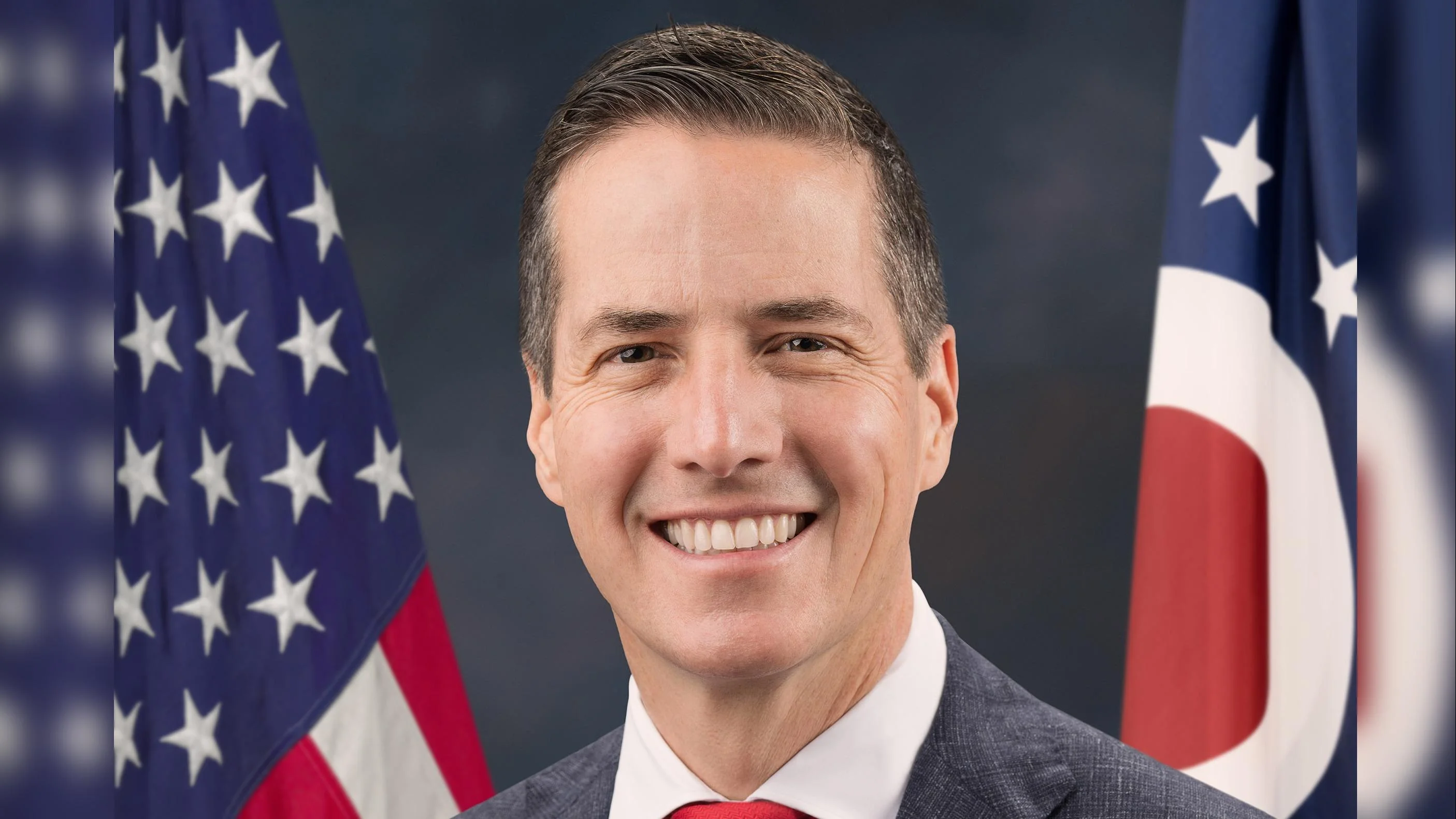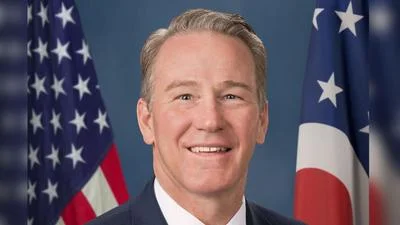Bernie Moreno, U.S. Senator from Ohio | Wikipedia
Bernie Moreno, U.S. Senator from Ohio | Wikipedia
Senators Bernie Moreno (R-Ohio) and John Barrasso (R-Wyoming) have called on Treasury Secretary Scott Bessent to address what they describe as an Internal Revenue Service (IRS) loophole that allows automobile companies to continue claiming electric vehicle (EV) tax credits beyond the intended expiration date.
In a letter sent to Secretary Bessent, the senators expressed concern over reports that some car companies are using their financial entities to enter into written agreements with dealers for electric vehicles, making small downpayments in order to secure tax credits. These vehicles may not be leased to end users for several months after the agreements are made.
“It has come to our attention that certain car companies are gaming this guidance by instructing their captive financial entities to enter into written binding agreements with dealers for electric vehicles, paying a nominal downpayment, to secure the credits on vehicles that may not be leased to the end user for months,” the Senators wrote. “Given this concerning information, we write to request your assistance to close this loophole and address the total violation of Congressional intent by these nefarious actors.”
The issue follows Congress’s recent passage of Public Law 119-21, known as the One Big Beautiful Bill Act. The law was designed in part to eliminate federal EV tax credits after September 30, 2025, citing concerns about cost and market impact. The IRS subsequently issued guidance clarifying eligibility for these subsidies based on written contracts and downpayments.
Moreno and Barrasso argue that some automakers are exploiting this guidance by creating agreements without identifying the final lessee or requiring deposits from end users. They urge Treasury and IRS officials to clarify rules so only contracts naming a lessee and involving direct deposits from end users would qualify for remaining tax benefits.
“We look forward to working with you to address this issue promptly in order to protect taxpayer dollars,” they concluded.






 Alerts Sign-up
Alerts Sign-up